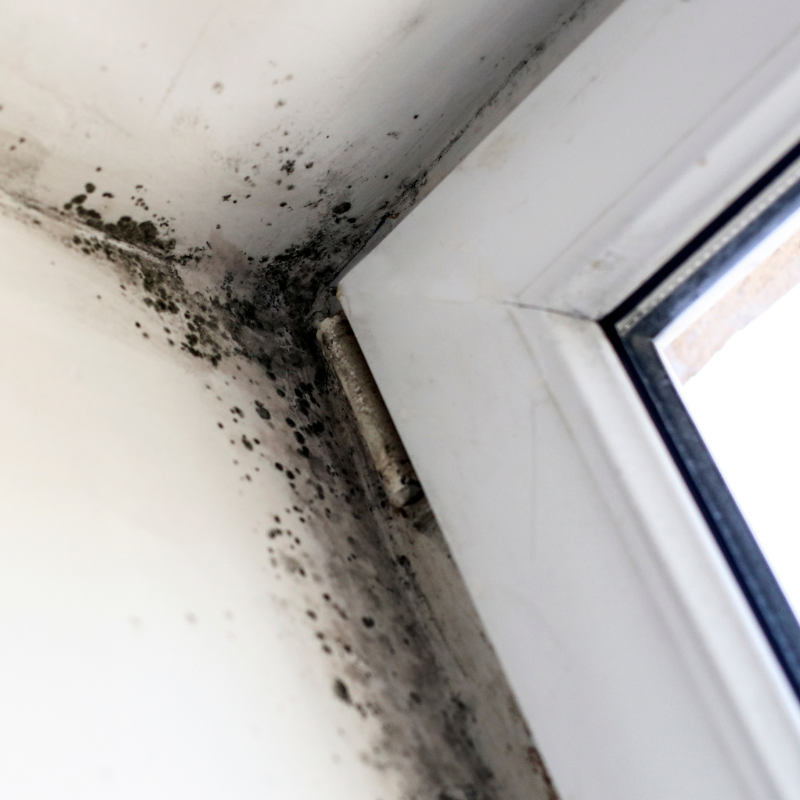Understanding The Definition And Causes Of Mold
When it comes to selling your Maryland house, understanding the definition and causes of mold is crucial for navigating mold disclosure and legal obligations in real estate transactions. Mold is a type of fungus that thrives in moist environments and can grow on various surfaces, including walls, floors, and even furniture.
It can be identified by its musty odor and black or greenish appearance. The most common cause of mold growth is excess moisture, which can be caused by water leaks, high humidity levels, or inadequate ventilation.
Other factors that can contribute to mold growth include poor insulation, flooding, and plumbing issues. It’s important to note that not all types of mold are harmful to humans, but some can cause health issues such as respiratory problems and allergies.
As a seller, it’s essential to have a thorough understanding of mold and its causes to fulfill your legal obligations and protect yourself from potential lawsuits.
Identifying The Most Common Sources Of Mold In Homes
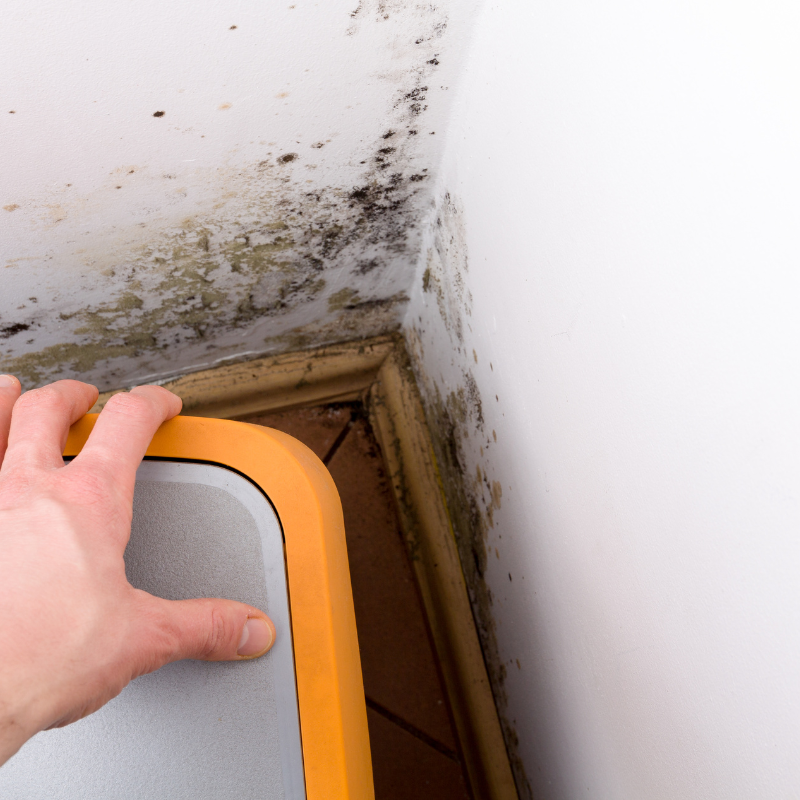
When looking at selling your Maryland house, the presence of mold and the seller’s legal obligations is very important. Buyers are afraid of molds because they may bring down your property value greatly.
It is vital to know and reveal sources of molds in homes during real estate deals. Poorly ventilated or leaky buildings are some of the common sources of molds at home, as well as high moisture inside such premises and flooding that leads to water damage or plumbing problems.
Others include poor construction techniques as well as lack of maintenance, not forgetting particular building materials. When selling a property, you should inspect it thoroughly so that all known cases of mold can be reported to potential buyers.
Non-compliance could have severe implications for you, including lawsuits, which will be very expensive for you to pay.
Health Risks Associated With Mold Exposure
When it comes to selling your Maryland house, navigating the disclosure and legal obligations surrounding mold can be a daunting task. However, it is crucial to understand the potential health risks associated with mold exposure in order to protect both yourself and potential buyers.
Mold can cause a wide range of health issues, including respiratory problems, allergies, and even neurological symptoms. It is especially concerning for individuals with compromised immune systems or pre-existing respiratory conditions.
Additionally, some types of mold produce toxins that can lead to more serious health complications. As a seller, it is important to disclose any known mold issues and take the necessary steps to address them before putting your house on the market.
Failure to do so could not only result in legal consequences but also put the health and well-being of others at risk.
Effective Techniques For Mold Removal And Prevention
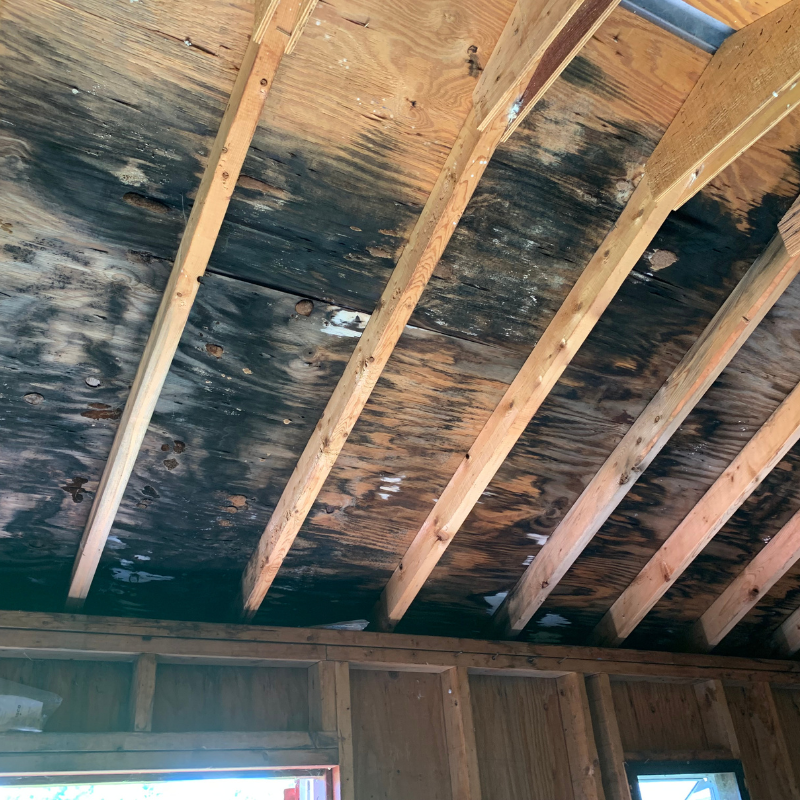
To effectively remove and prevent mold in your Maryland house, there are a few key techniques to keep in mind. First, it’s important to identify the source of the mold and address any underlying issues such as leaks or moisture buildup.
Then, thoroughly clean and sanitize the affected areas using appropriate products and protective gear. It may also be necessary to hire a professional mold remediation company for more severe cases.
To prevent future mold growth, ensure proper ventilation and control humidity levels in your home. Regularly inspect and maintain areas prone to moisture, such as bathrooms and basements.
Additionally, promptly address any water damage or leaks to prevent mold from forming. By following these effective techniques, you can successfully remove and prevent mold in your Maryland house while fulfilling your legal obligations during a real estate transaction.
Legal Considerations When Selling A House With Mold
When selling a house in Maryland, it is important to be aware of the legal considerations surrounding mold disclosure. As a seller, you have an obligation to disclose any known mold issues in the property, whether it is visible or not.
Failure to do so can result in legal action and potential financial repercussions. It is crucial to thoroughly inspect your property for any signs of mold before putting it on the market and to disclose this information to potential buyers.
Additionally, if a buyer discovers mold after purchasing the house and is not properly informed, they may have grounds for a lawsuit. It is also important to understand your state’s laws and regulations regarding mold disclosure and remediation, as well as any potential liability as the seller.
When navigating mold issues in real estate transactions, it is best to consult with a lawyer who specializes in these matters to ensure that all legal obligations are met.
Seller Responsibilities In Disclosing Mold Issues To Buyers
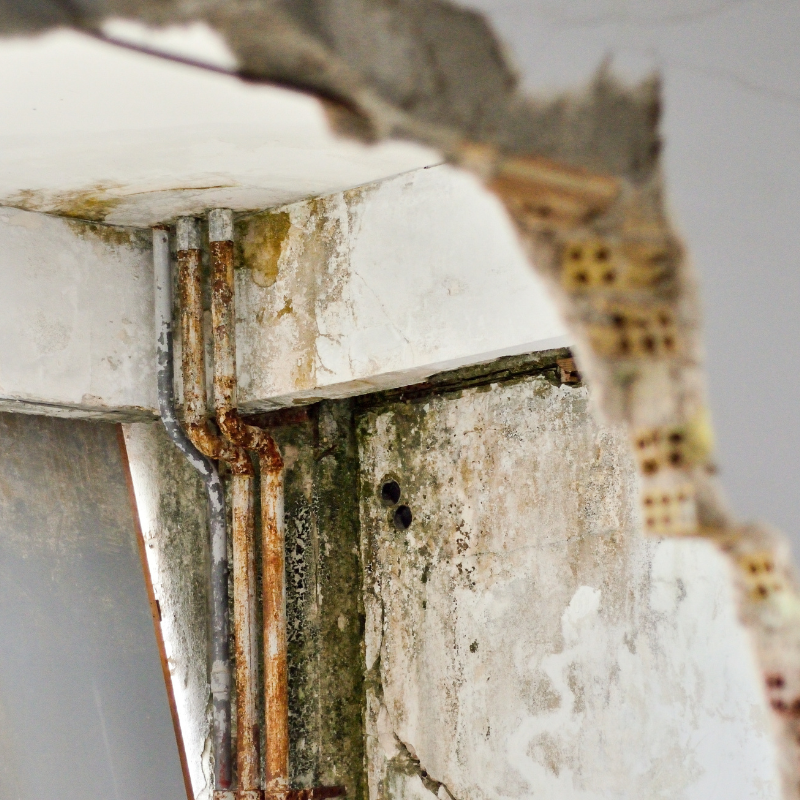
When you are selling your house in Maryland, it is important to comprehend the role that you play as a seller in availing information about molds to buyers. Hence, if there are any molds within your home, it’s paramount to inform them.
It is the responsibility of sellers to provide potential buyers with details on the presence of mold in their houses. As a result, you must notify new homeowners about existing species and their locations together with any previous attempts at remediation.
The omission of such facts has legal implications for the vendor. Thus, it is obligatory to do thorough investigations around your property before launching into its sale due to suspecting some molds.
Alternatively, you may decide to involve an independent party, like an expert mold inspector, who will help reveal vital aspects regarding the state of your property. In order for this not to happen; sellers can avoid all these potential lawsuits and remain reputable within the real estate marketplace by being upfront and open regarding mold concerns.
Buyer Concerns When Purchasing A Home With Previous Or Current Mold Problems
When looking to purchase a home in Maryland, buyers may have concerns about potential mold problems. This is understandable, as mold can pose health risks and cause damage to the property.
As a seller, it is important to be aware of your legal obligations when it comes to disclosing any previous or current mold issues in the home. In Maryland, sellers are required to disclose known mold problems and provide buyers with a written disclosure statement.
This includes information on the location, type of mold, and any remediation efforts that have been taken. Buyers should also carefully review their contracts and consult with a professional inspector before finalizing the purchase of a home with previous or current mold problems.
By being transparent and knowledgeable about these disclosures, both buyers and sellers can navigate the process of selling a home with mold in an ethical and responsible manner.
Navigating The Process Of Selling A House With Mold In Maryland
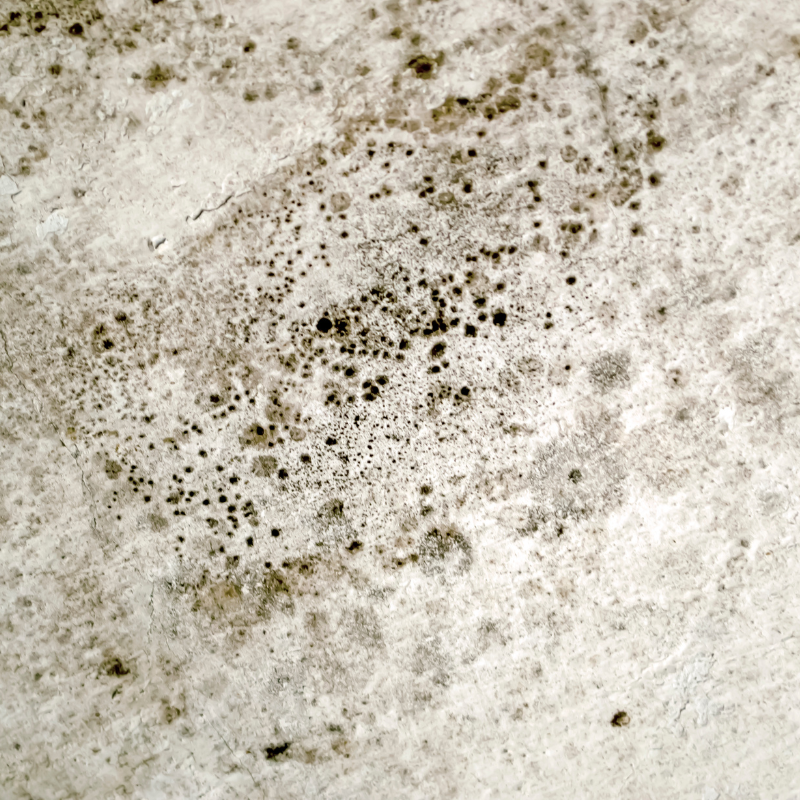
Selling a house can be a complicated process, especially when mold is involved. In Maryland, there are specific legal obligations and disclosure requirements that must be followed when selling a property with mold.
As a seller, it is important to understand these regulations and navigate the process carefully. Failure to disclose mold or properly handle it during the transaction can result in legal consequences for the seller.
Therefore, it is crucial to work closely with a real estate agent or attorney who has experience in handling mold issues in real estate transactions in Maryland. They can guide you through the necessary steps and ensure that all disclosure forms are completed accurately and on time.
Additionally, it is essential to address any existing mold issues before putting your house on the market to avoid potential delays or complications during the selling process. By being proactive and knowledgeable about navigating the process of selling a house with mold in Maryland, you can ensure a smoother and more successful transaction.
How To Properly Inspect For And Detect Mold Before Listing Your Home
When preparing to sell your Maryland house, it is important to be aware of any potential mold issues and properly disclose them to potential buyers. Not only can mold be a health hazard, but it can also significantly decrease the value of your home.
Before listing your home, it is crucial to thoroughly inspect for and detect any signs of mold. This includes checking areas that are prone to moisture, such as bathrooms, basements, and attics.
It is also recommended to hire a professional inspector who has experience in detecting mold. They can perform a thorough inspection and provide a report detailing any findings.
By being proactive and addressing any mold issues before listing your home, you can avoid legal complications and ensure a smoother real estate transaction.
The Importance Of Addressing And Resolving Mold Issues As A Seller
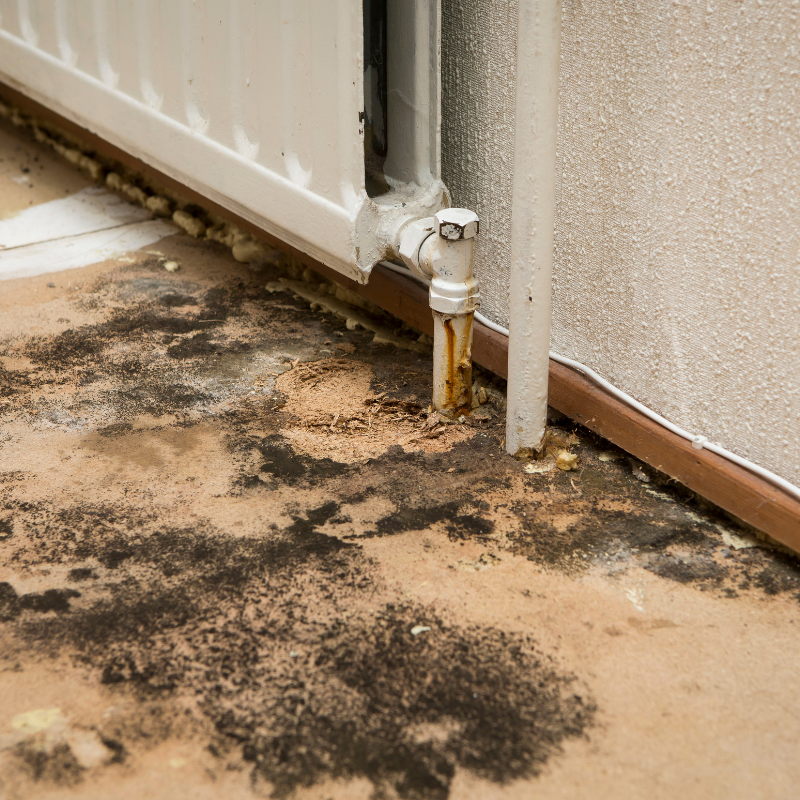
When selling a house in Maryland, it is crucial for sellers to address and resolve any mold issues before completing the real estate transaction. Not only does this protect the seller from potential legal obligations, but it also ensures a smoother and more successful sale.
Mold can be a major red flag for buyers, as it can cause health hazards and structural damage to the property. Therefore, sellers should take the necessary steps to address and remediate mold problems before putting their house on the market.
This may involve hiring a professional mold inspector or specialist to assess the extent of the issue and determine the most effective course of action. By taking proactive measures to address mold issues, sellers can avoid potential lawsuits and maintain a positive reputation in the real estate market.
Essential Steps For Successful Mold Remediation In Homes Being Sold
When selling your Maryland house, it is important to be aware of mold disclosure and legal obligations in real estate transactions. One essential step for a successful transaction is proper mold remediation.
This involves identifying any potential areas of mold growth, addressing the root cause of the issue, and effectively removing the mold from the property. It is also important to thoroughly document the remediation process and provide proof of completion to potential buyers.
Additionally, enlisting the help of a professional mold remediation company can ensure that all necessary steps are taken and that the problem is resolved effectively. By following these essential steps, you can navigate through mold disclosure and fulfill your legal obligations while successfully selling your Maryland house.
Understanding The Different Types Of Mold And Their Potential Impact On Buyers
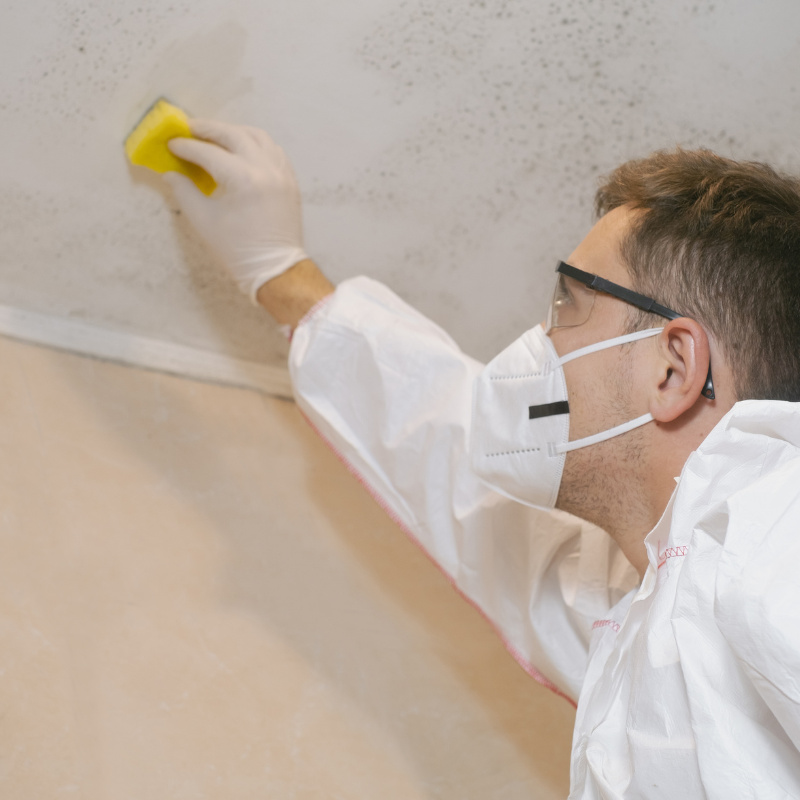
When it comes to selling your Maryland house, understanding the different types of mold and their potential impact on buyers is crucial. Mold can come in various forms, including black mold, white mold, and green mold.
Each type has its own unique characteristics and potential health hazards for those living in the home. Black mold, also known as Stachybotrys chartarum, is a toxic type of mold that can cause respiratory issues and other health problems.
White mold, on the other hand, is less harmful but can still cause allergies and respiratory irritation. Green mold, or Aspergillus, is commonly found in damp areas and can also trigger allergic reactions.
It’s important to be aware of these different types of mold and their potential impact on buyers when disclosing any mold issues during a real estate transaction to ensure legal obligations are met.
The Impact Of Mold On Home Sellers
As a home seller in Maryland, it is important to understand the impact that mold can have on your real estate transaction. Not only can mold be a health hazard for potential buyers, but it can also lead to legal complications if not properly disclosed.
In Maryland, sellers are required to disclose any known mold issues in their property, and failure to do so can result in legal consequences. Additionally, even if the seller is not aware of any mold problems, they may still be held liable if mold is discovered after the sale.
This highlights the importance of thoroughly inspecting and addressing any potential mold issues before putting your house on the market. By navigating the process of mold disclosure and fulfilling your legal obligations as a seller, you can ensure a smooth and successful real estate transaction.
Do You Have To Disclose Mold When Selling A House In Maryland?
When it comes to selling your Maryland house, there are important considerations to keep in mind, such as mold disclosure and legal obligations. As a homeowner, you may wonder if you are required to disclose any presence of mold when listing your property for sale.
The short answer is yes. In Maryland, sellers must disclose any known mold issues in the property disclosure statement.
This includes not only visible mold but also any past history of remediation or water damage that could potentially lead to mold growth. Failure to disclose this information can result in legal consequences and potential liability for the seller.
Therefore, it is crucial for sellers to understand their obligations and navigate the mold disclosure process carefully when selling their homes in Maryland.
Should I Sell My House If It Has Mold?
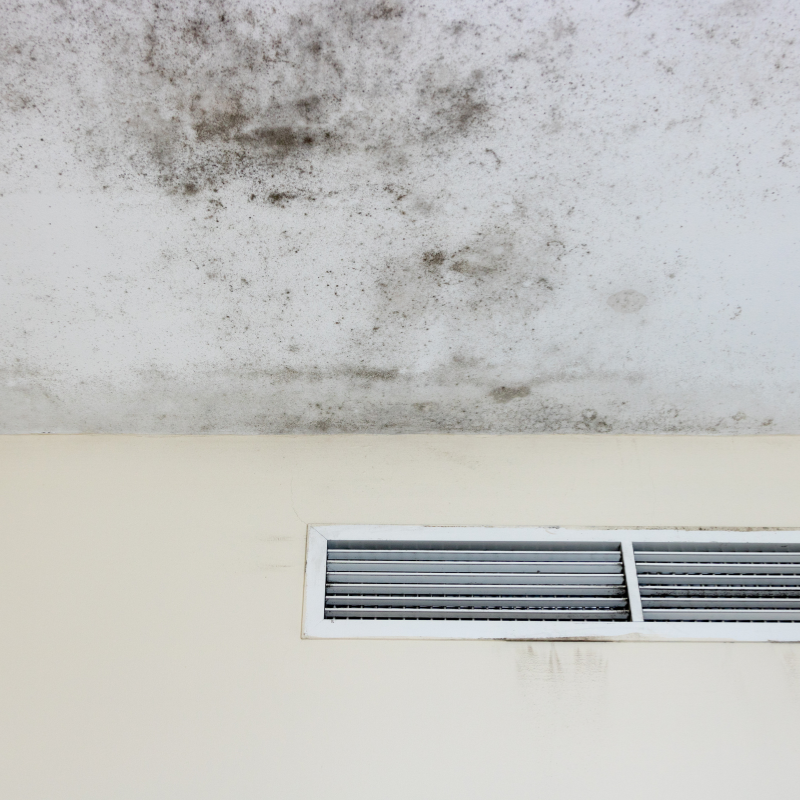
If you are considering selling your Maryland house, one of the important factors to consider is whether or not there is mold present. Not only can mold affect the value and marketability of your home, but it also carries legal obligations that must be navigated in real estate transactions.
First and foremost, it is crucial to disclose any known mold issues to potential buyers. Failure to do so can result in legal repercussions and damage to your reputation as a seller.
Additionally, depending on the severity and type of mold present, you may be required by law to remediate the issue before completing the sale. However, with proper disclosure and handling of mold concerns, selling your Maryland house can still be a successful and profitable transaction.
It is important to consult with a reputable real estate agent who can guide you through this process and ensure that all legal obligations are met.
Is Mold A Deal Breaker When Buying A House?
When it comes to selling your Maryland house, navigating the issue of mold disclosure and legal obligations is crucial in real estate transactions. One question that often arises is whether or not mold can be a deal breaker when buying a house.
The answer is not always clear-cut, as it depends on the severity of the mold and the laws in place. However, it is important for sellers to disclose any known mold issues and for buyers to conduct thorough inspections before making a purchase.
Failure to properly disclose or address mold can result in legal consequences and damage to the property’s value. Therefore, it is essential for both parties to understand their rights and responsibilities when it comes to this potential deal breaker in real estate transactions.
Does Mold Affect Home Appraisals?
When it comes to selling your Maryland house, there are many factors to consider, including the presence of mold and its potential impact on home appraisals.
As a seller, you have a legal obligation to disclose any known mold issues in your property, as failure to do so can result in legal repercussions.
Mold can significantly affect the value of your home, as it can cause damage to the structure and pose health risks to potential buyers.
It is important to navigate the process of mold disclosure carefully and accurately in real estate transactions to avoid any complications or delays in the appraisal process.
More Resources To Help MD Property Sellers
Get a Free Online Quote From a Cash Home Buyer in Maryland
This will be a CASH transaction with no agents, commissions or fees associated. All the proceeds will be left for YOU to enjoy! Let us help TODAY!
| MOLD INSPECTION | HOMEOWNERS | CRAWL SPACE | ATTORNEYS | DISCLAIMER | PRICE |
| OPTION | POSTAL CODE | ZIP CODE | SPORES | LEGAL LIABILITY | |
| SPACE | EMAIL ADDRESS | WARRANTIES | TRUST | SNEEZING | RUNNY NOSE |
| REASON | MOLD SPORES | SUED | INVESTOR | IMMUNOCOMPROMISED | HOME INSPECTION |
| AIR CONDITIONING | HEATING AND AIR CONDITIONING | DUCTWORK | DEHUMIDIFIERS | LENDER | ALLERGY |

